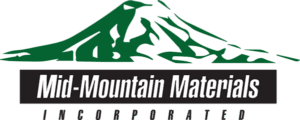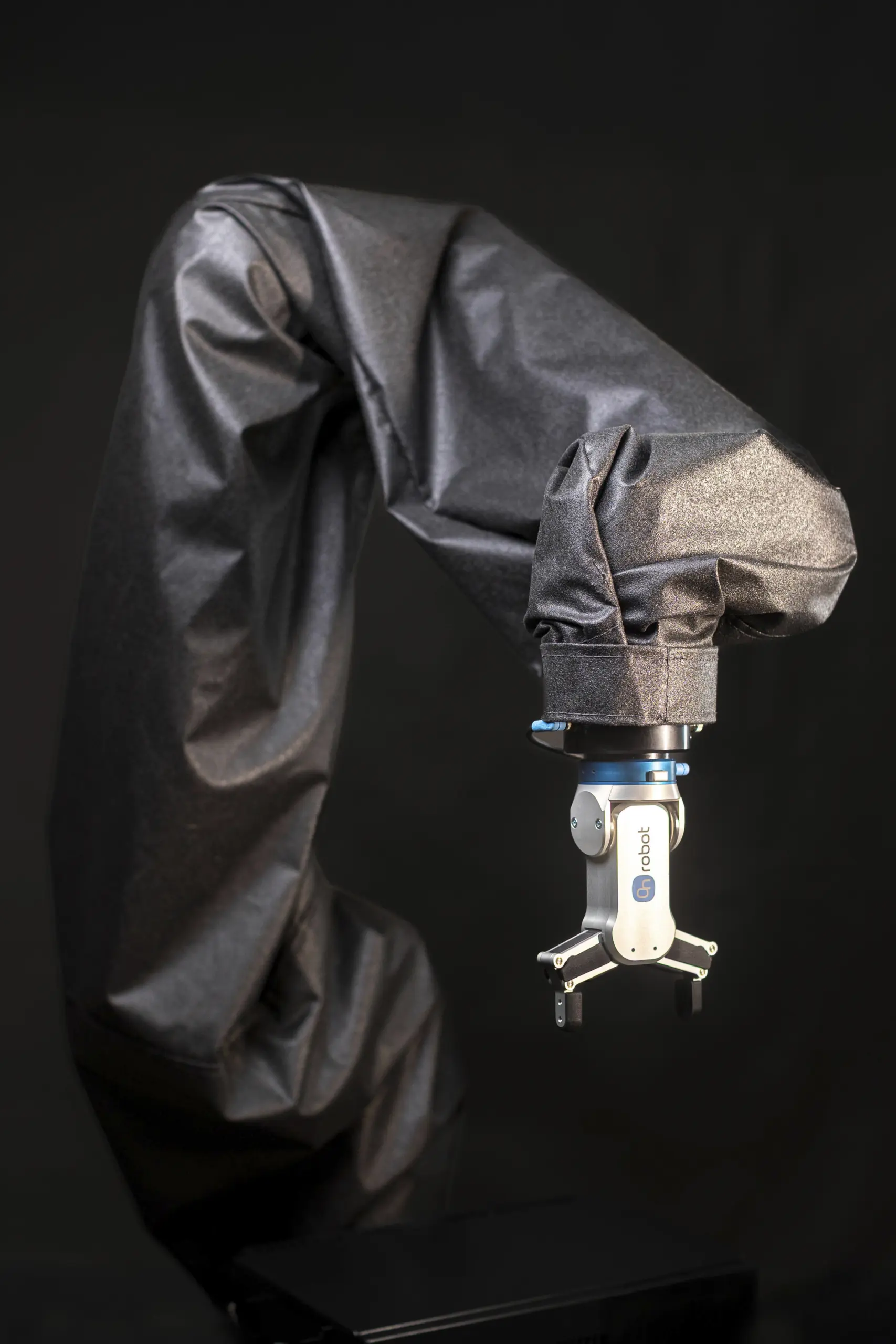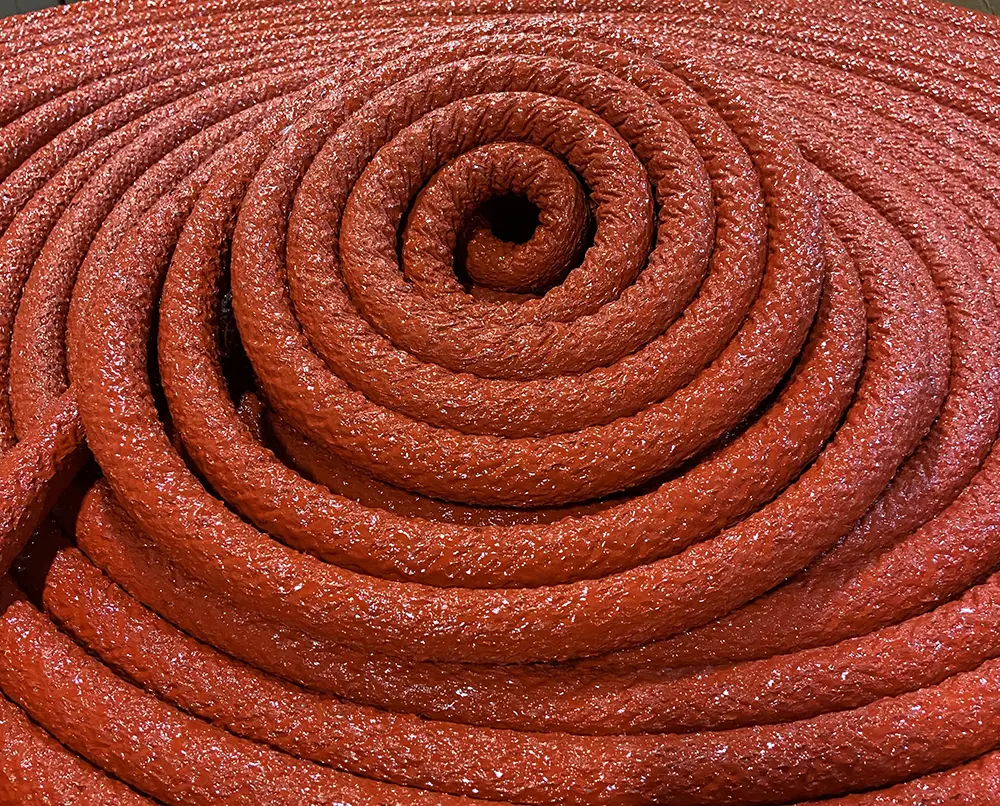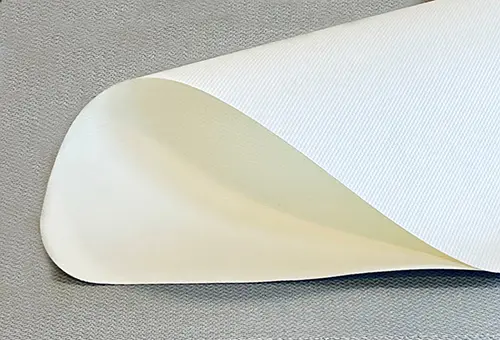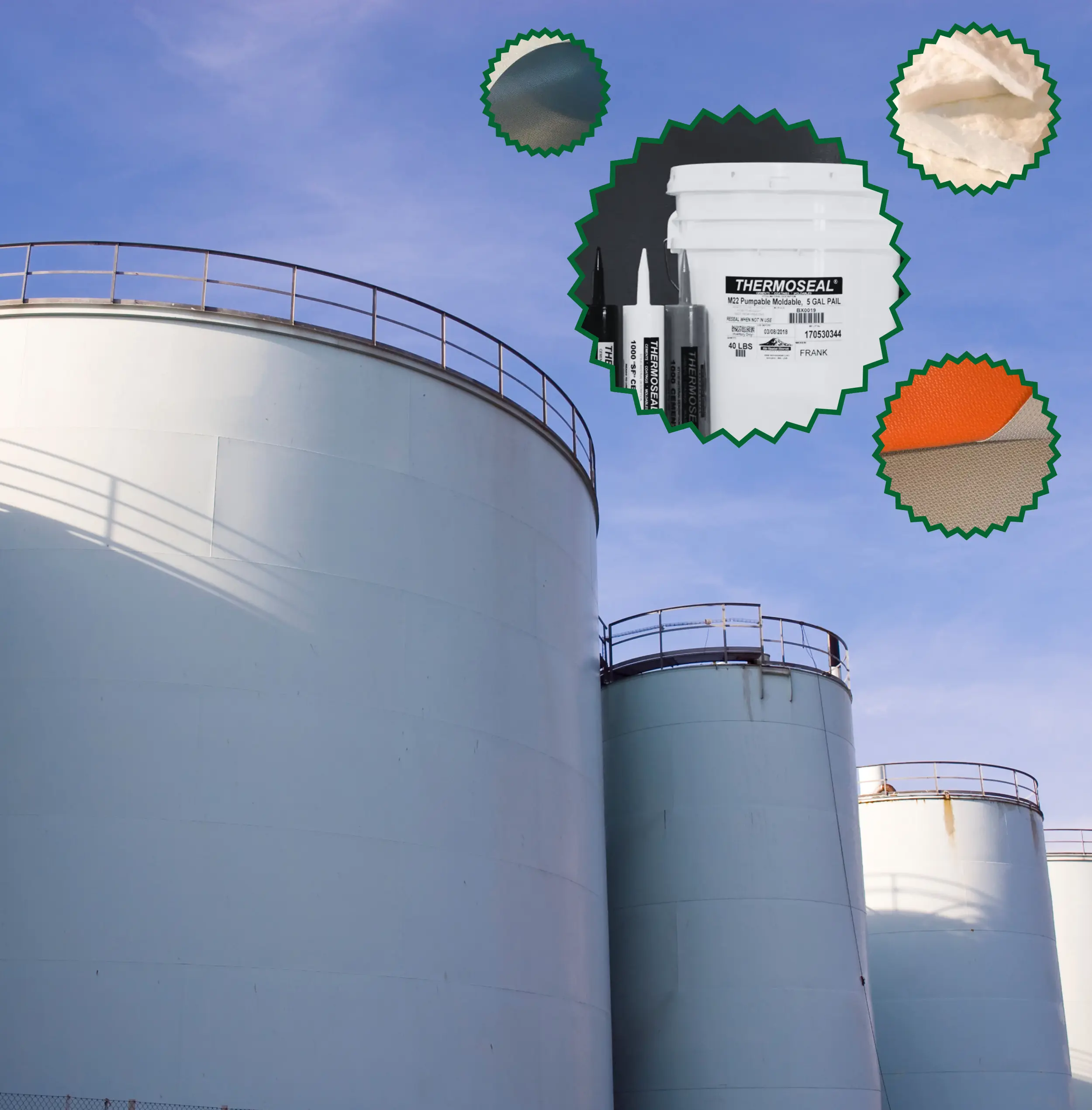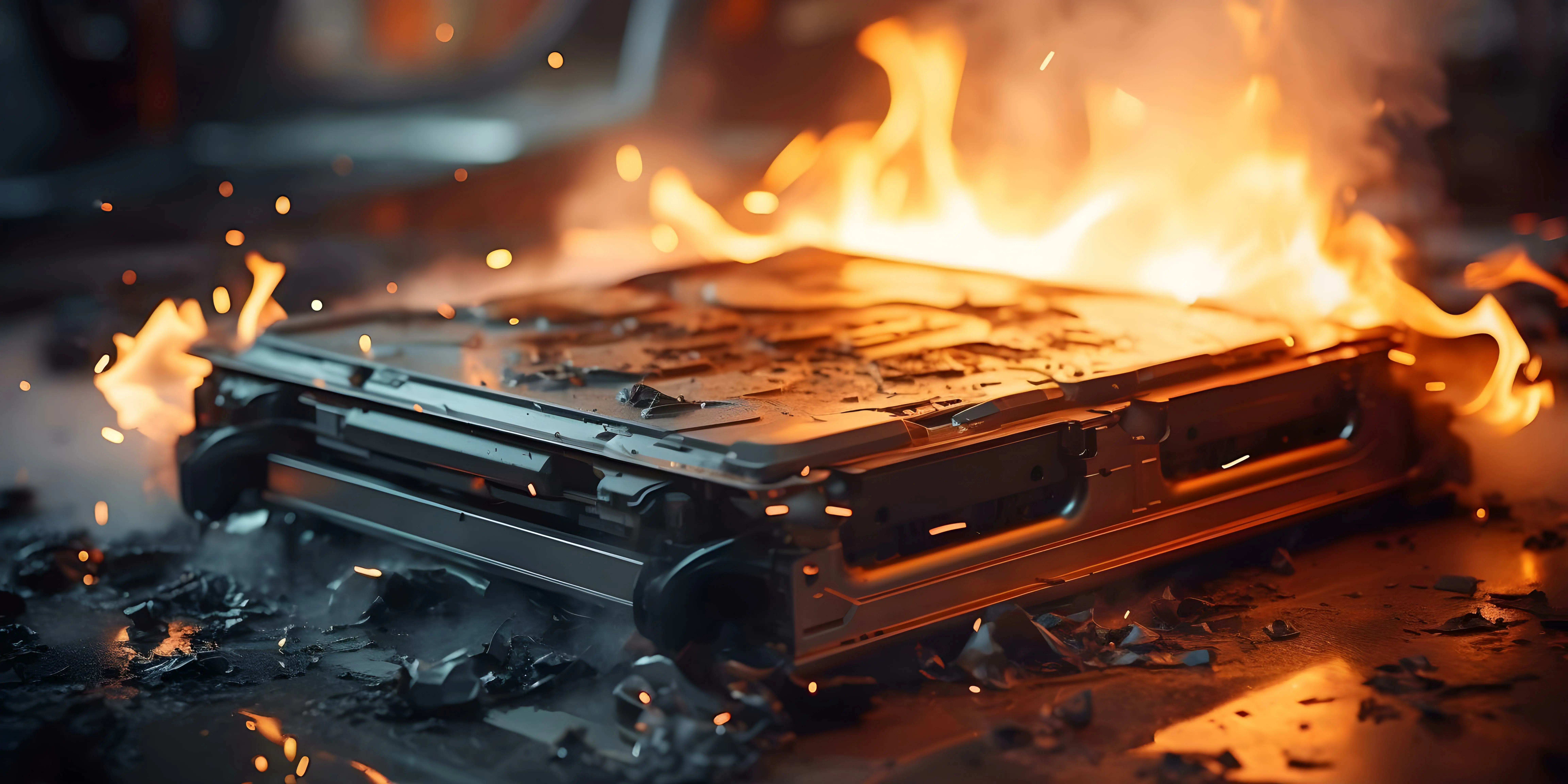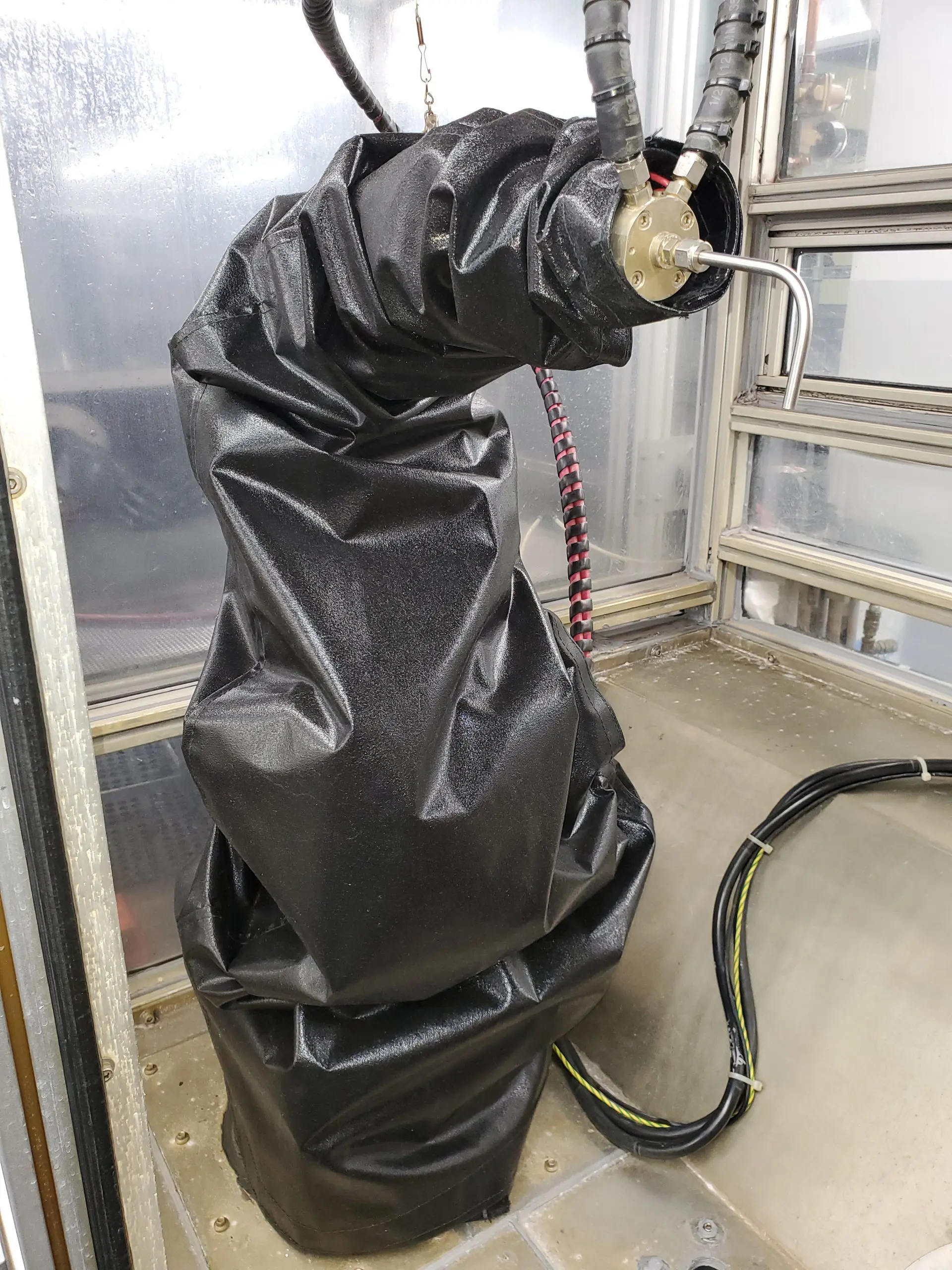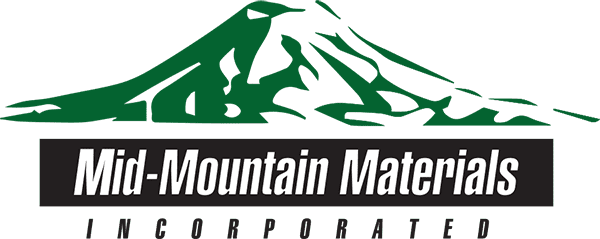Fire, spatter, and slag: Testing thermal barriers in high-temperature robot protective cover designs
Industrial automation is often deployed where personnel cannot work safely, including within weld cells, foundries, and high-heat fabrication lines. In these environments, industrial robots rely on protective covers to shield critical components, like motors and sensors, from thermal damage. Although robot structures can tolerate harsh conditions, internal electronics, seals, lubrication systems, and cable assemblies fail [...]
